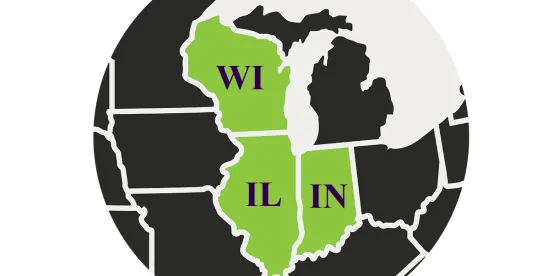On July 11, the Seventh Circuit Court of Appeals reversed a lower court’s decision dismissing a CFPB action against an Illinois-based mortgage lender and its owner for violations of the Equal Credit Opportunity Act.
In 2020, the Bureau brought suit against the lender alleging that company employees regularly made statements on a company-sponsored radio program that would discourage black prospective applicants from applying for a mortgage. The radio program, hosted by the company’s owner and a senior loan officer, was in a format often referred to as “long-form commercial advertisement” and was broadcast throughout the Chicagoland area and online. The Bureau alleges that the program hosts made discriminatory comments towards African-Americans, and their acts and practices led to fewer black prospective applicants applying for credit from the company than would have been the case in the absence of these discriminatory statements.
In granting the motion to dismiss, the district court focused on ECOA’s definition of applicant as “any person who applies to a creditor directly for an extension, renewal, or continuation of credit, or applies to a creditor indirectly by use of an existing credit plan for an amount exceeding a previously established credit limit.” 15 U.S.C. § 1691a(b). Based on this definition, the district court concluded that ECOA does not apply to prospective applicants. It also rejected the Bureau’s argument that its enforcement and rulemaking authority allowed it to prohibit discouragement of prospective applicants.
In reversing the district court, the Seventh Circuit held that ECOA, read in its entirety, clearly prohibits discouraging both applicants and prospective applicants from applying for credit. It noted that Congress gave the agency charged with enforcing the statute the authority to prevent the “circumvention” or “evasion” of the ECOA; as such, the law is best read to be construed broadly to effectuate its goal of ending credit application discrimination. Finally, the Seventh Circuit noted that other sections of the statute confirm that conclusion, such as the civil liability provision, which states that ECOA prohibits discrimination “with respect to any aspect of a credit transaction.” The court reasoned that Congress understood ECOA to include actions before an applicant ultimately submitted his or her credit application.
Putting it into Practice: The Seventh Circuit’s decision is a big win for the Bureau. The decision is likely to be appealed and it will be interesting to see if the lender seeks to challenge the Bureau’s interpretation of ECOA under Loper (see our discussion here). For now, lenders, including those that sell non-mortgage credit products, should look to ensure their fair lending compliance focuses not only on applicants, but also prospective applicants.



 />i
/>i
